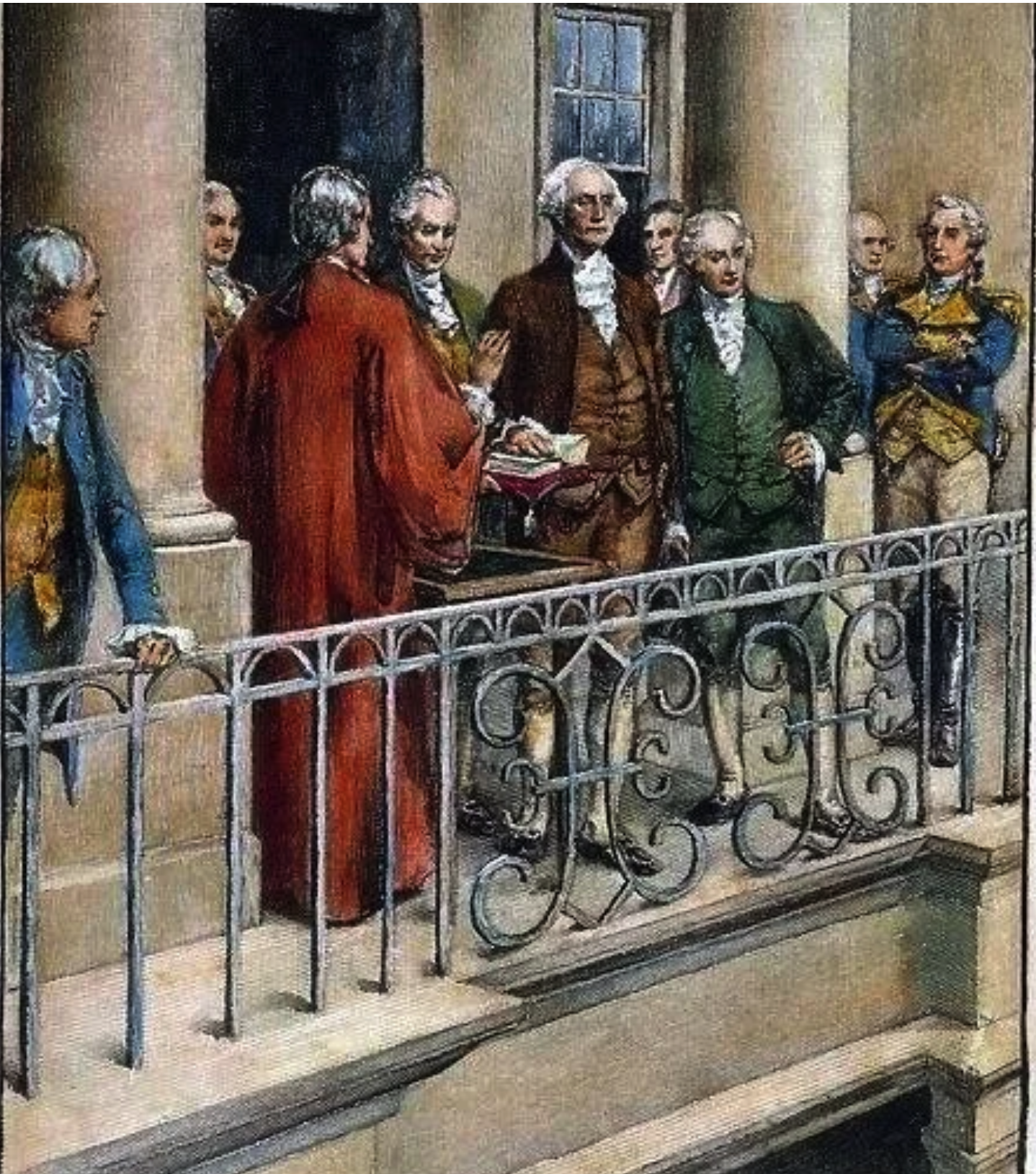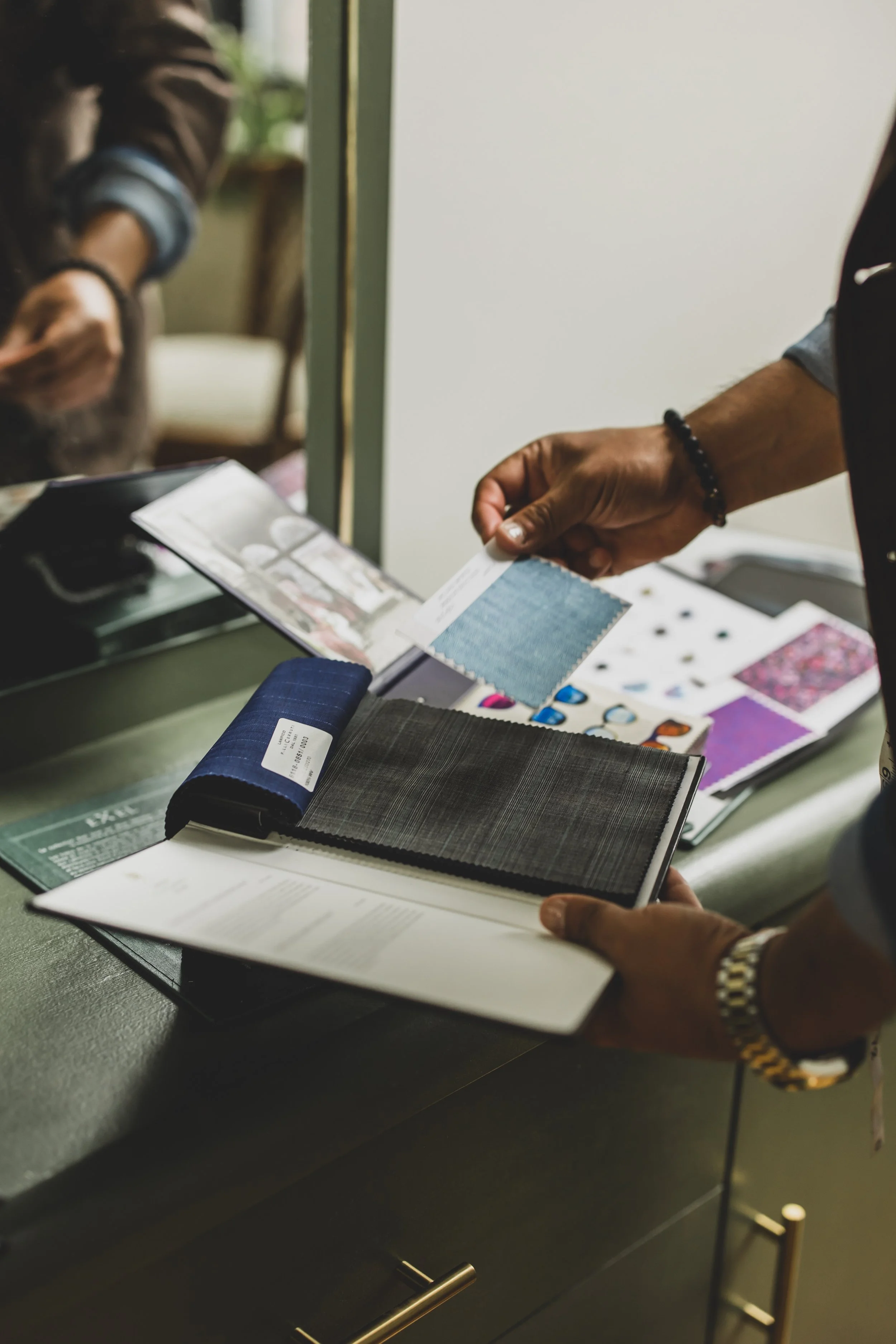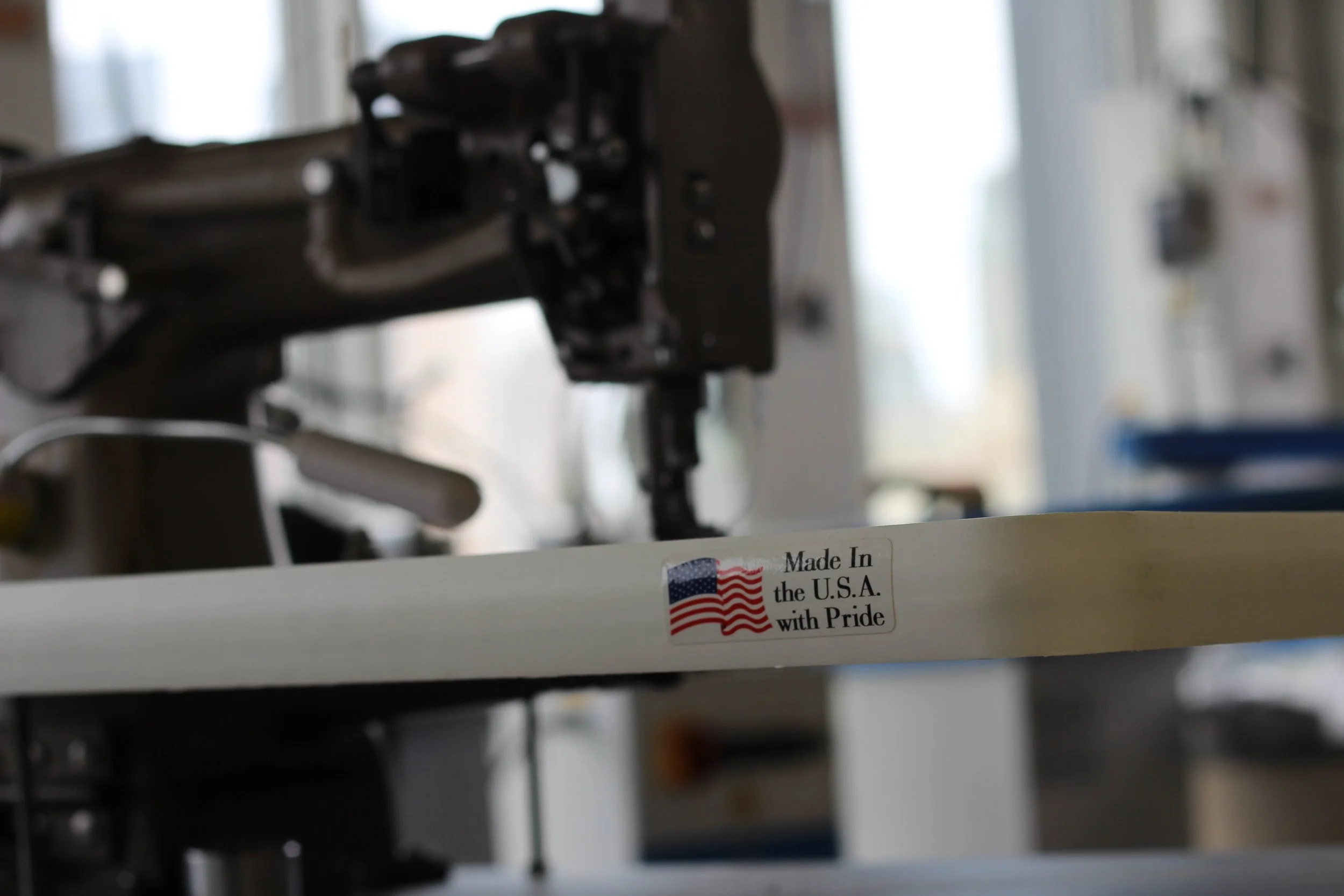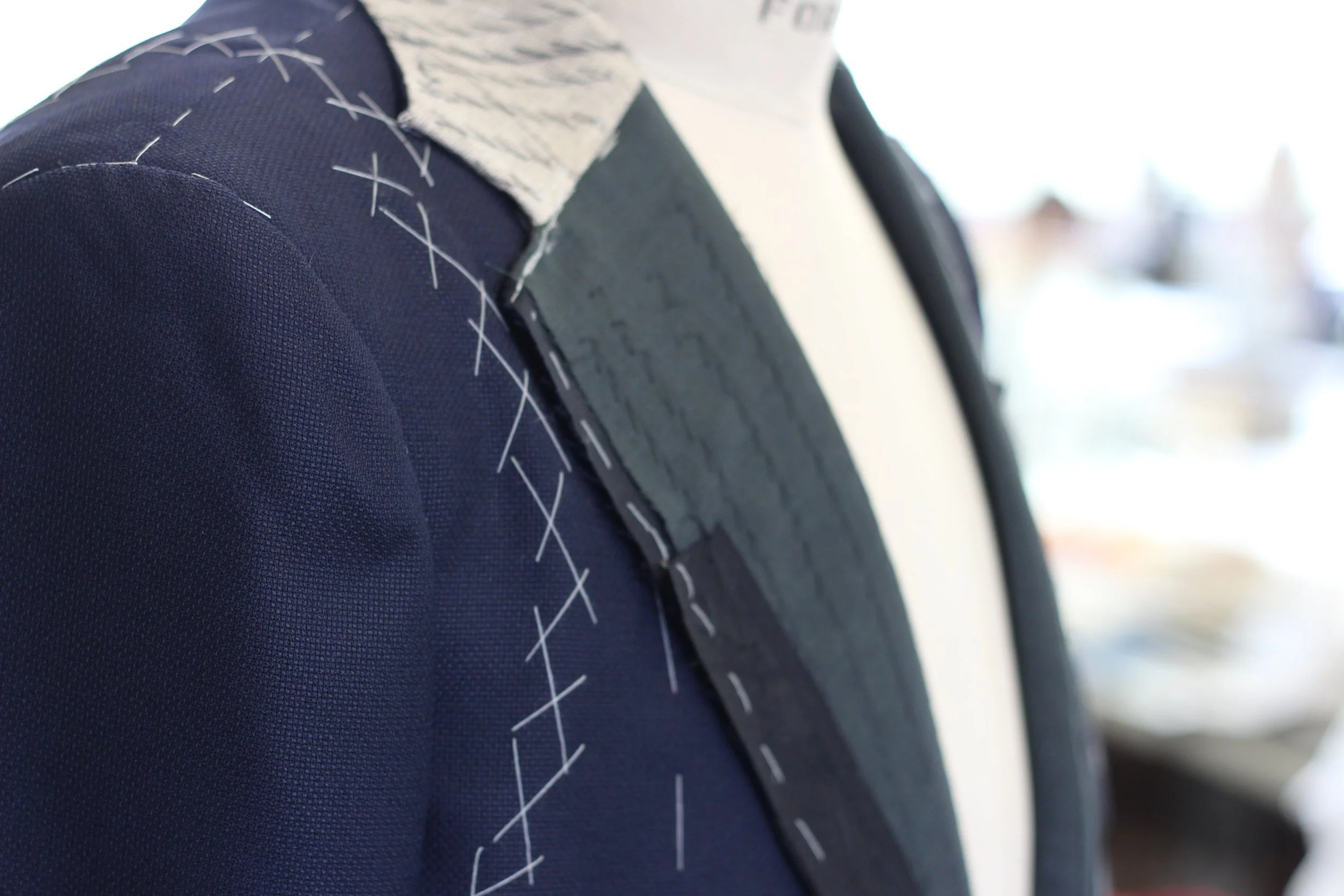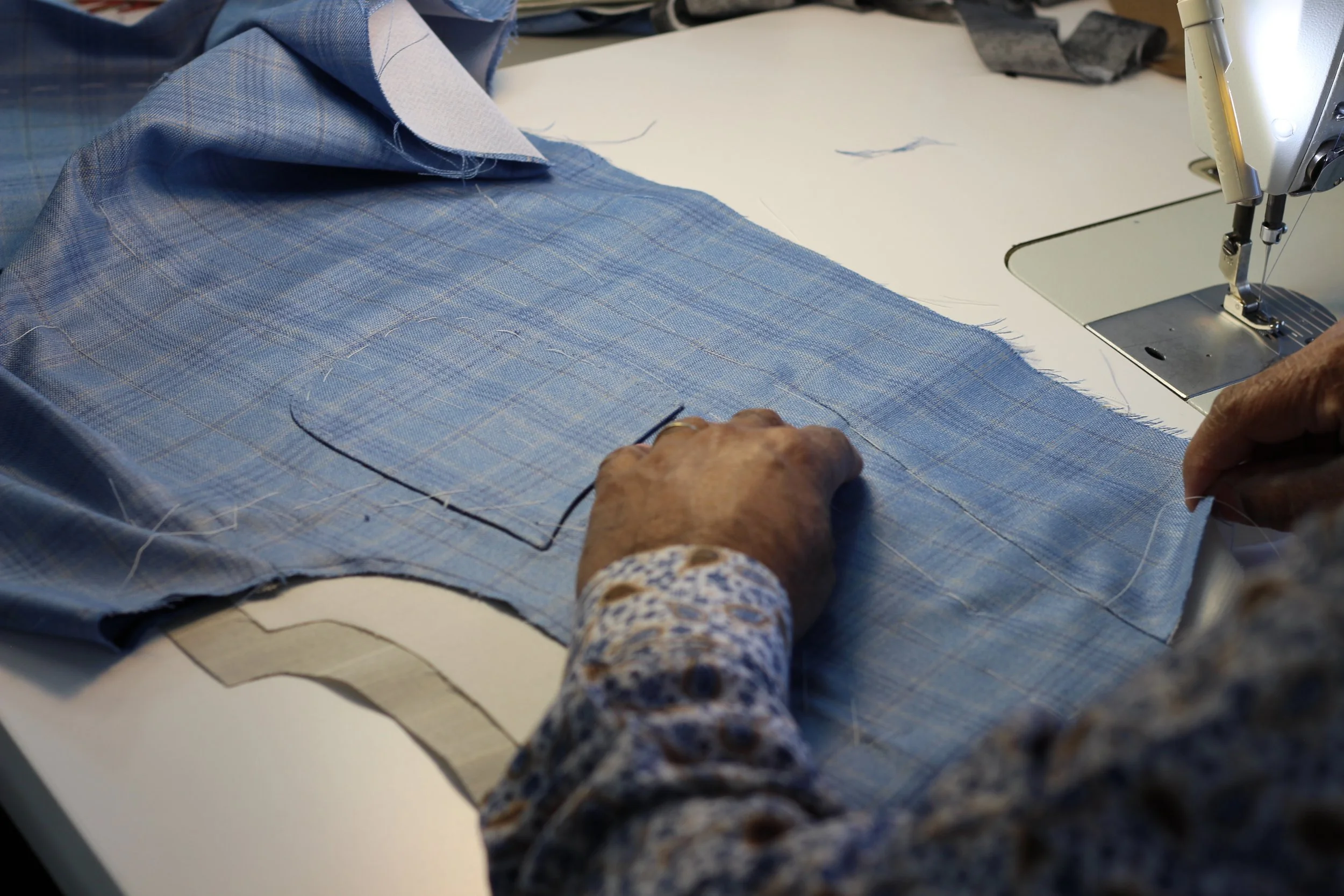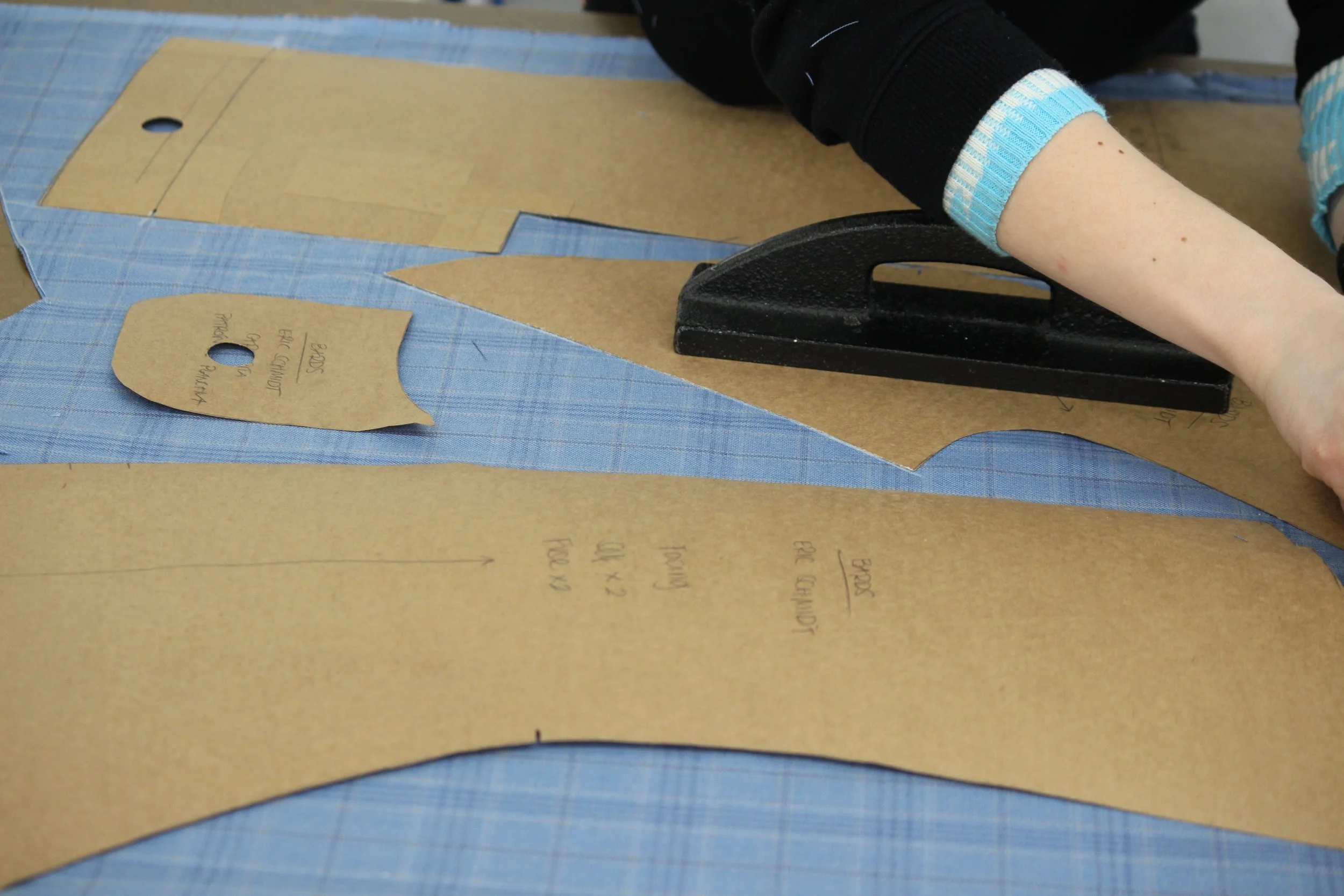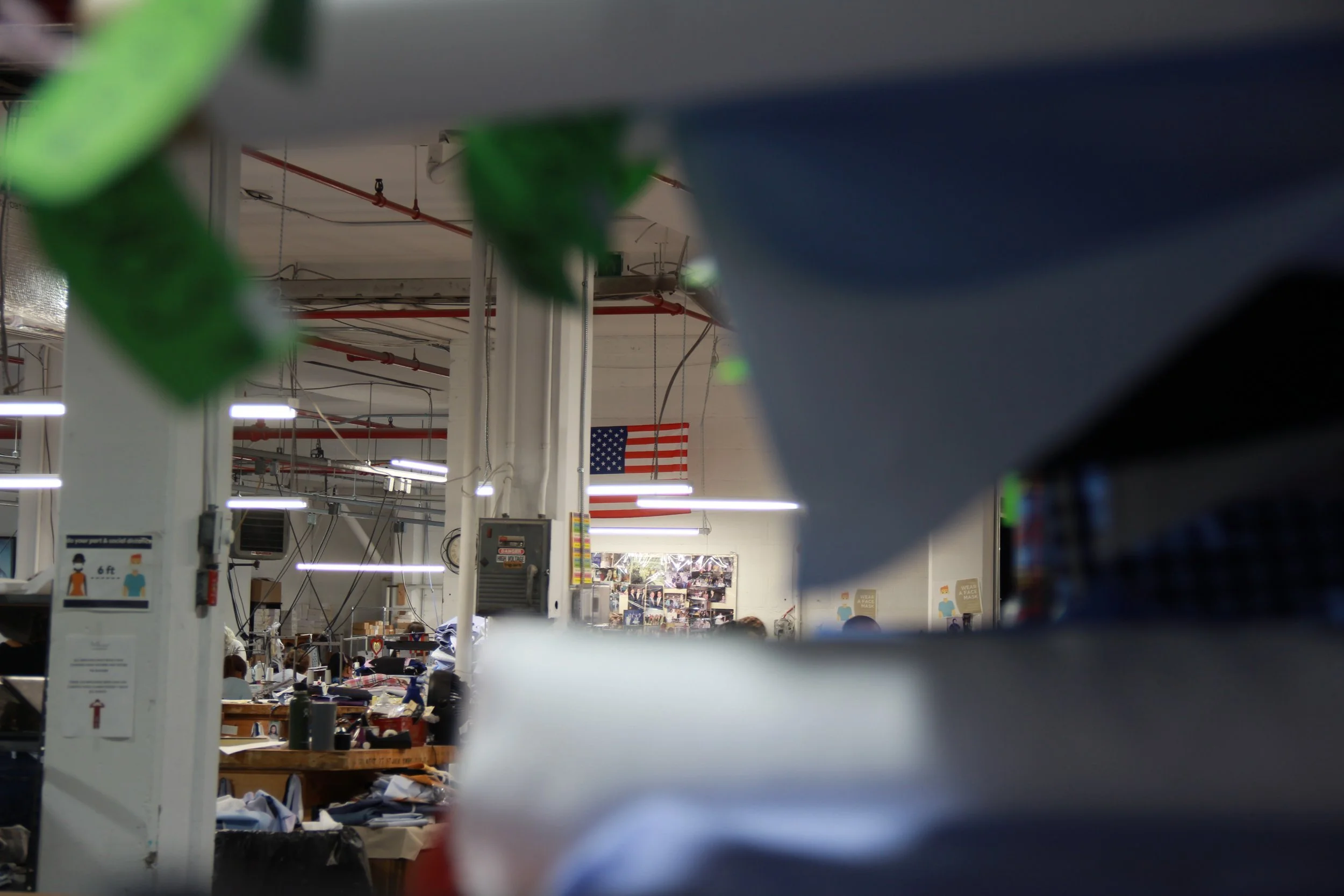
Made in america
buy less, buy better
All our products are handmade in America by family-owned manufacturers. The fabrics come from mills with deep roots and tradition. As a small business, we live the values of shopping local every day. When you choose Bards, your purchase supports artisans and families and keeps money circulating within the community two to four times longer. This helps strengthen local services.
We serve clients who value quality, craftsmanship, and the lasting impact of their choices. Buying less and investing in better pieces means more than style. It means supporting a thriving and connected community.
Every piece we create carries the spirit of American craftsmanship and community. By choosing Bards, you join a movement that honors heritage, supports local economies, and values mindful consumption. Your wardrobe becomes more than clothing, it becomes a statement of purpose and pride.
A Legacy Sewn in Fabric and Vision
From the outset, the fifty-seven-year-old George Washington was determined to strike a happy medium between regal dignity and republican austerity. Resplendent with a ceremonial sword at his side, he also wore a plain brown suit of American broadcloth woven at a mill in Hartford. A special message for Alexander Hamilton's future was encoded in this outfit: that America should encourage manufacturers, especially textiles, an industry dominated by great Britain. Washington hoped it would soon "be unfashionable for a gentleman to appear" in any dress that was not of American origin.


